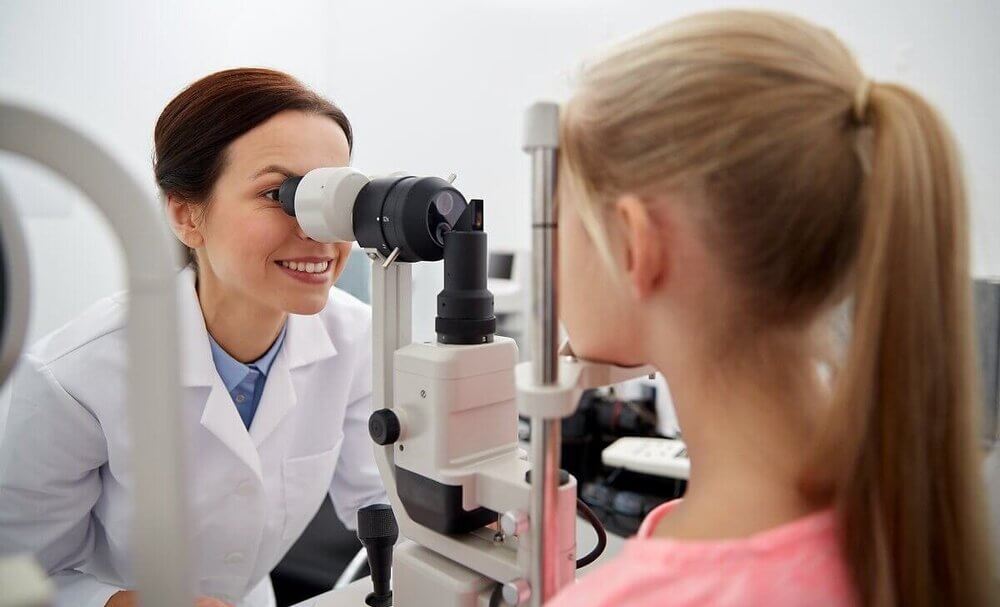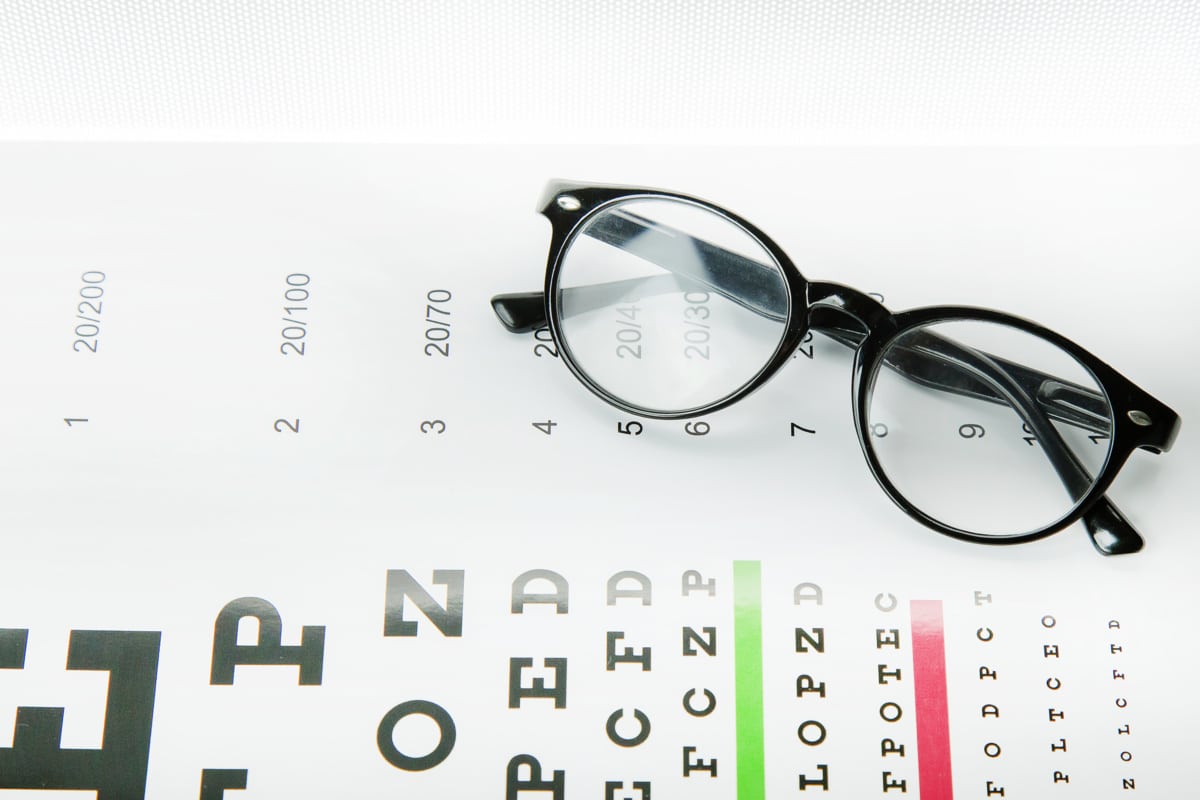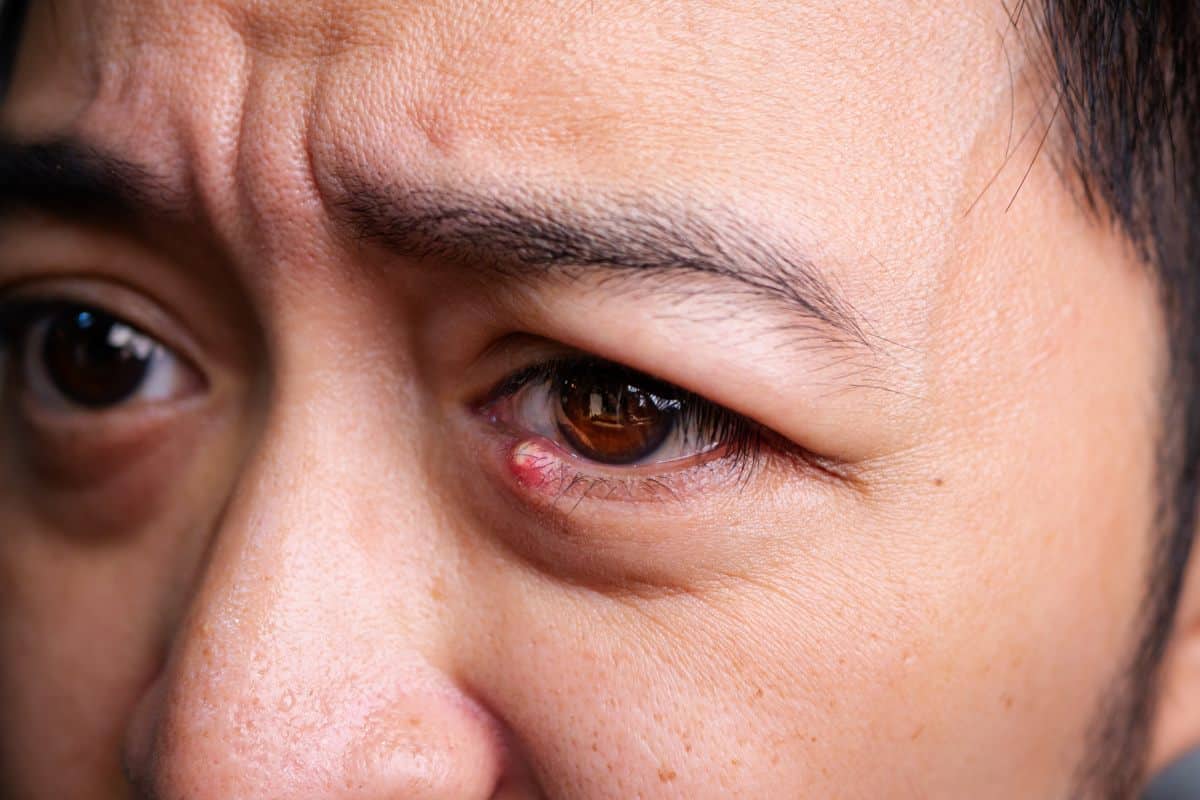After you’ve made your doctor’s appointment, looking into ways to get ready for an eye exam will ensure you can get the most out of your visit. Preparing before you get into the eye doctor will also help to ensure you don’t forget any important information regarding the vision problems you’re having and any questions you possibly have for your eye doctor. Here’s a breakdown of everything you should do to get yourself prepared for your exam.
Arrive with a Description of Your Vision Problems

Arriving with a description of your vision problems is a helpful way to prepare for an eye exam. By providing your eye doctor with a clear and detailed description of your symptoms, you can help them better understand your concerns and focus on any issues that need to be addressed.
When describing your vision problems, be as specific as possible. For example, if you’ve been experiencing dry eyes, describe how long the dryness lasts, whether it occurs in one or both eyes, and if it’s more noticeable at certain times of the day or when you’re doing specific activities. You can also describe any other symptoms you may be experiencing, such as eye pain, itching, or burning.
In addition to describing your symptoms, it can also be helpful to think about any factors contributing to your vision problems. For example, spending a lot of time working on a computer or reading could contribute to eye strain and fatigue.
Bring in Any Medications or Eye Drops You’ve Used
When you’re going to your appointment, bringing in any medications or eye drops you’ve used can be helpful for your eye doctor to better understand your eye health and provide you with appropriate treatment options.
Certain medications and eye drops can affect your eye health and vision, and your eye doctor may want to know about any medications or eye drops that you’ve used, including over-the-counter products. This can include eye drops used for allergies, glaucoma, or dry eye, as well as any prescription medications that you’re taking for other health conditions.
By bringing in any medications or eye drops you’ve used, your eye doctor can review the ingredients and dosages, and determine if any of these products could contribute to your eye health concerns. Additionally, your eye doctor may need to modify your treatment plan based on the medications or eye drops you’re using or have used in the past.
If you’re unsure which medications or eye drops to bring to your eye exam, you can ask your primary care doctor or pharmacist for a list of your current medications. This can help ensure that you’re providing your eye doctor with accurate information about your health history and any treatments you’ve received in the past.
Take a Look at Your Office Setup to Prepare for an Eye Exam
Looking at your office setup before your eye exam can be helpful to ensure that your eyes are healthy, and identify any potential vision problems that your working environment may cause. Here are some details to consider when reviewing your office setup:
- What type of devices do you regularly work on?
- How far away are your monitor(s)?
- Do you face a window or a wall?
- What is the lighting like in your workspace; is it too bright or too dim?
- What is the positioning of your computer screen like?
By reviewing your office setup before your eye exam, you and your eye doctor can help identify any potential vision problems that may be caused by your working environment.
Gather Everything You Need to Prepare for an Eye Exam

When you’re preparing for an eye exam, make sure to get together all of the information you need a few days in advance. At your appointment, be prepared to discuss our eye health history with your eye doctor. This can help ensure that you get the most out of your appointment and receive the best possible care for your vision health.
If you have any questions about what else you could possibly need to do to prepare for an eye exam, schedule an appointment today.




